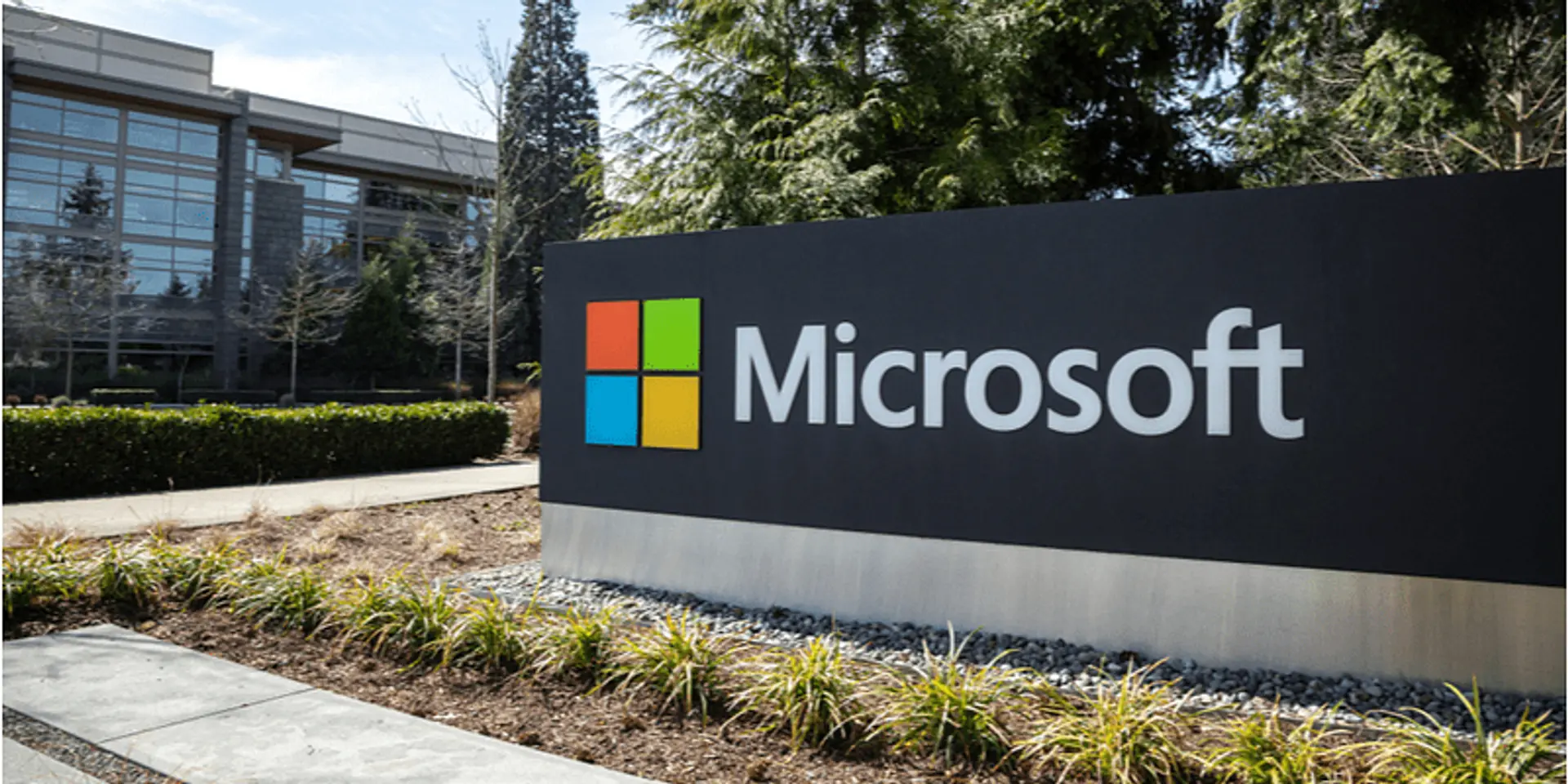Microsoft PeopleLens helps blind kids learn and interact with peers
Microsoft's PeopleLens, a head-worn gadget, reads aloud in spatialised sound the names of known people when the learner looks at them.
Recently, tech giant Microsoft announced it has developed an Artificial Intelligence-based technology called PeopleLens to support blind kids and young people to better understand their social environment, communicate with companions, and gain confidence efficiently.
Kids, who are born blind, experience issues with peer interactions as they may have difficulty aiming their voices at the person they’re talking to.
Further, these kids struggle with engaging and befriending those in their age group, which is often deeply frustrating for the child and their support network who want to help them.

Image Credit: Microsoft
PeopleLens assists blind young children with making friends; and for educators and guardians, it's a way for these kids and young people to foster capability and confidence in social communication.
PeopleLens, a head-worn gadget, reads aloud in spatialised sound the names of known people when the learner looks at them. It implies the sound comes from the direction of the individual, helping the student get both the relative position and distance from their peers.
In a blog post, Microsoft Research said,
"For children and young people who are blind, PeopleLens is a way to find their friends. However, for teachers and parents, it’s a way for these children and young people to develop competence and confidence in social interaction."
Microsoft explained, "An accompanying scheme of work aims to guide the development of spatial attention skills believed to underpin social interaction through a series of games that learners using PeopleLens can play with peers. It also sets up situations where learners can experience agency in social interaction. A child’s realisation that they can choose to initiate a conversation because they spot someone first or that they can stop a talkative brother from speaking by looking away is a powerful moment, motivating them to delve deeper into directing their own and others’ attention."
According to the company, the device is in the prototype phase.
For this, Microsoft has worked with Nreal Light's enhanced reality glasses and not its own HoloLens headset. Nreal Lights are attached and are connected to a phone. Microsoft said the device isn't yet prepared for retail sale.
Edited by Suman Singh








